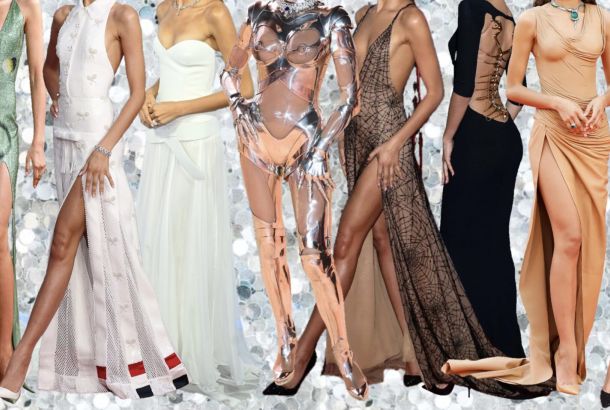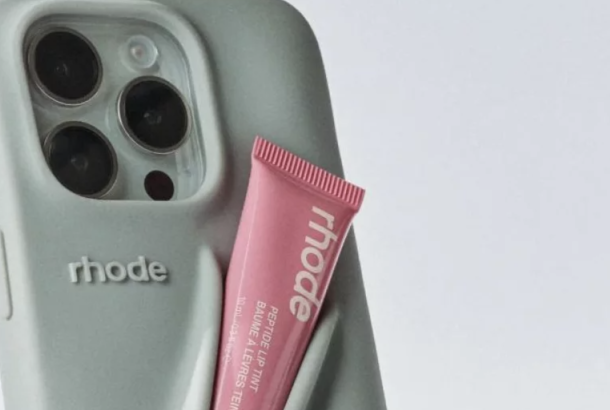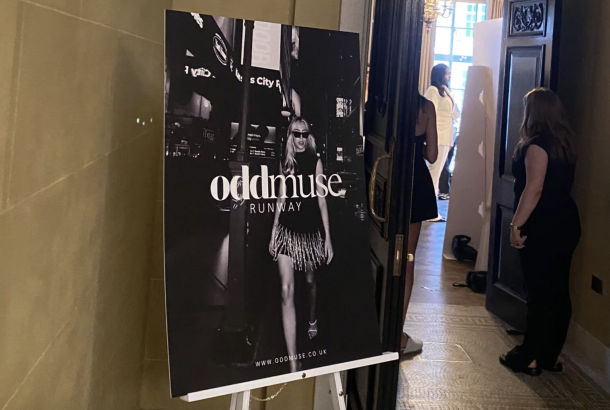The unavoidable economic power of beauty
According to recent research, good-looking men and women earn on average five per cent more than their average-looking counterparts, who in turn earn 10 per cent more than the arguably unattractive. By the calculations of Daniel Hamermesh, an economist at the University of Texas, this means that better-looking individuals can earn up to a lifetime total of $230,000 more than their most plain peers – certainly no minor effect.
Hamermesh has long written about “pulchronomics”, i.e. the relationship between economics and beauty. In his new book Beauty Pays, he endeavours to expose how much better off the better-looking are financially and determines what should be done about it. He begins by dispelling the notion that beauty is subjective, writing, “Beauty is in the eye of the beholder, but most beholders view beauty similarly”. Hamermesh also brings up certain long-established research that suggests firstly that more people are considered physically attractive than unattractive, and secondly that female beauty is more contentious than male handsomeness.
In light of the aforementioned statistics, Hamermesh argues that a physically plain individual is “disadvantaged” in a manner similar to an individual who is disabled or lacking intelligence, and therefore vulnerable to discrimination. He then proceeds to argue in favour of legal protection for the less attractive regarding potential loss of earnings, such as during a period of recession, where – he argues – attractive people will stand a better chance at maintaining or finding a job and securing loans than their unattractive equals. He states: “A market for looks-based lawsuits is waiting to be born”.
In examining the case for legal protection for the unattractive, Hamermesh has been influenced by the writings of Deborah Rhode, a professor of law at Stanford University and author of The Beauty Bias. Upon reading the book, it is evident that Rhode struggles to comprehend why any woman would voluntarily embrace fashion – especially high heels – and is outraged that a majority of women consider their physical appearance as key to their self-image. Additionally, Rhodes recognises that any anti-discrimination laws would be most difficult to maintain considering the complexity of defining physical beauty versus race or sex, yet at the same time believes that such obstacles can be overcome. Washington DC, for example, legally prohibits employment decisions based on outward appearance, i.e. facial attractiveness combined with personal style rather than merely height and weight, and is relatively successful in its implementation of such law in that it has not provoked a flurry of frivolous cases as one might have cynically albeit reasonably suspected.
On the other end of the spectrum, Catherine Hakim chooses to embrace this inequality in Honey Money, declaring fervently that both men and women should maximise their “erotic capital”. However, the focus of her book is on women maximising such – excuse the pun – assets, as Hakim believes in what she terms “the male sex-deficit” (the argument that men want more sex than women), the result of which is that women are able to exploit men more successfully with their erotic capital than the reverse. Unsurprisingly, Hakim has provoked much antipathy, and renowned Guardian columnist Zoe Williams describes one point of their interview encounter thus: “She starts to speak very slowly. I believe she’s attempting to convey that I am the stupidest person she’s ever met”. In the case of Hakim, it’s not so much her message that provokes controversy but rather the patronising and hostile manner in which it is written, such as when she declares: “Feminists have been so brainwashed by patriarchal ideology that they have been quite unable to understand how sexuality and erotic capital can be sources of female power”.
A potential earning difference of 15% is by no means fair, and a change in the law is something to think about, especially considering the power of law to influence societal attitudes on a permanent basis. For example, it’s been proven that customers are more likely to purchase items from attractive-looking sales assistants, but perhaps a strong legal focus on this inequality would help abate such issues. At the same time, simply making the best of oneself should not be condemned by any means considering that such practice is an immediately obvious sign of respect – you wouldn’t turn up to an interview straight from a pungent festival – and an enjoyable method self-expression.







